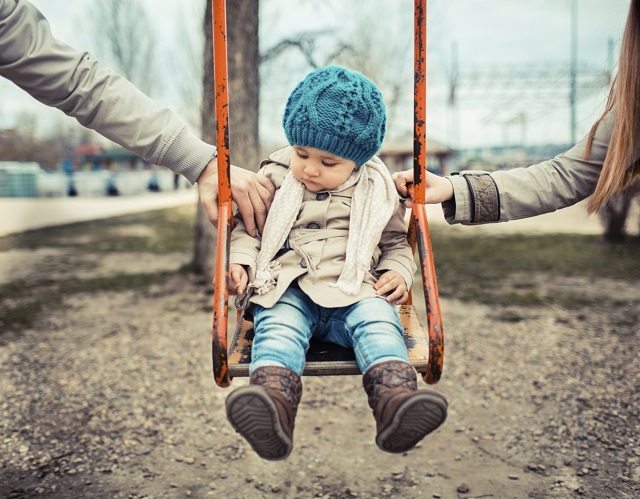It’s splitsville in celeb town with long-standing couples like Ben Affleck and Jennifer Garner and Gwen Stefani and Gavin Rossdale announcing their separation in recent weeks. Separation is an extremely difficult time for families and we can’t imagine what it is like to have to do it in the public eye, so far Ben’s been accused of dating his children’s nanny and Gavin’s allegedly cheating on Gwen.
Model Miranda Kerr who separated from actor Orlando Bloom three years ago, this week spoke about how they made separation work for their son Flynn: “”We decided as a family it was the right decision for Flynn, so Orlando and I both relocated and we live five minutes from each other. Everything revolves around my son and his welfare.”
Although separation and divorce can be a long and painful process for all involved, there are ways to help your children cope and come to terms with the changes in their family life.
DO
- Inform the child of decisions that involve him and the reasons why and how they made
- Allow the child a voice in the decisions, if age appropriate
- Give the child the ‘nuts and bolts’ information of the custody arrangements
- Let the child know, understand and believe that he is still part of a family – but this family now has two locations
- Consider informing the child’s teacher or school of the change in family life so that any impact on social, behavioural or academic performance or engagement can be met with understanding and support.
- Establish a new routine for the child and keep promises – a child can see the world as insecure after a break-up
DON’T
- Deny the child contact, time or interaction with his other parent
- Place the child in the position of the ‘negative message carrier’
- Say negative information about his parent, grandparents or extended family around him
- Overload the child with adult issues or feelings in the absence of another adult
- Impose a new relationship or family on the child’s life without discussion, preparation and consideration of the feelings and issues possibly involved

